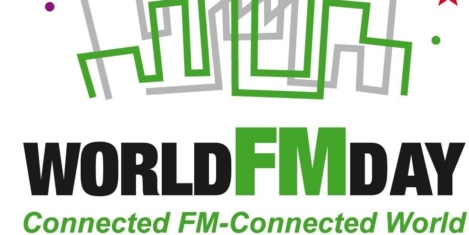September 16, 2015
Many SMEs know how staff contribute to growth but still ignore their wellbeing 0
 The owners and managers of British small businesses understand that employees are critical to their success but a surprisingly large proportion believe that their health and wellbeing is not something that should be a concern for the firm. That is the main claim of a new survey from healthcare provider Bupa. According to its study of 500 small business owners and directors, two thirds (63 percent) agree that employing the right people is critical to the growth of the business in its early stages. Yet, less than half (46 percent) believe employee health and wellbeing will play a key role in their future growth strategy. This is in spite of the fact that three quarters (76 percent) of SMEs who have had an employee take a long sickness absence reported a significant impact on the growth of their business. Meanwhile, nearly half (46 percent) believe even an early short-term absence would have had an adverse effect.
The owners and managers of British small businesses understand that employees are critical to their success but a surprisingly large proportion believe that their health and wellbeing is not something that should be a concern for the firm. That is the main claim of a new survey from healthcare provider Bupa. According to its study of 500 small business owners and directors, two thirds (63 percent) agree that employing the right people is critical to the growth of the business in its early stages. Yet, less than half (46 percent) believe employee health and wellbeing will play a key role in their future growth strategy. This is in spite of the fact that three quarters (76 percent) of SMEs who have had an employee take a long sickness absence reported a significant impact on the growth of their business. Meanwhile, nearly half (46 percent) believe even an early short-term absence would have had an adverse effect.




































September 10, 2015
Five ways in which your colleagues might be driving you completely nuts 0
by Mark Eltringham • Comment, News, Wellbeing, Workplace
(more…)